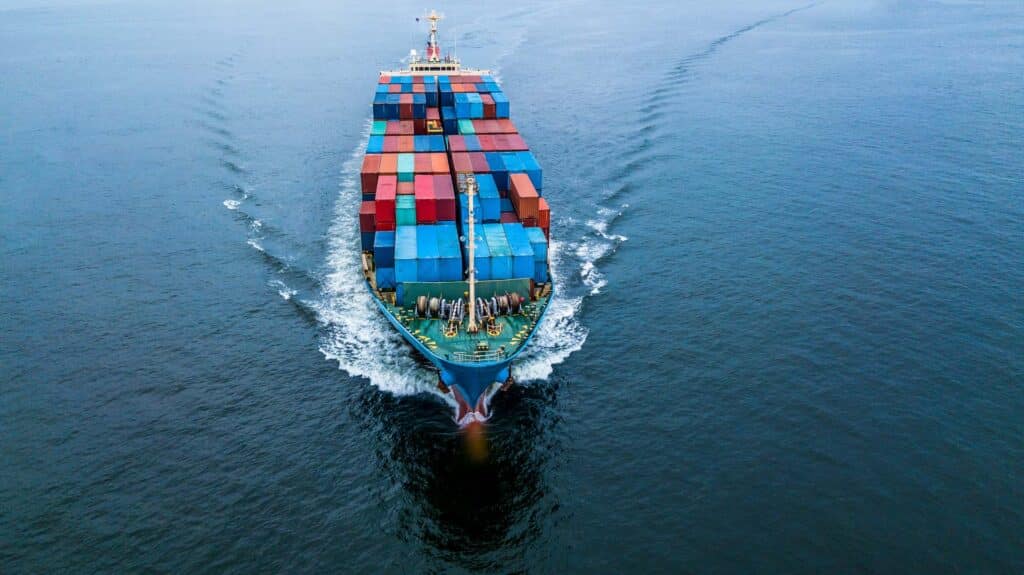Workers in international waters might feel unprotected in case of an accident, but that is not necessarily the case. This guide looks at the legal intricacies of international waters and injury liability. If you suffered an accident while on international waters, keep reading.
Defining International Waters
International waters are waterways located beyond any single nation’s territorial jurisdiction. The absence of national ownership over these waters complicates the establishment of jurisdiction, making it dependent on factors such as the vessel’s nationality or the injured seafarer.
Critical Facts About International Waters
- Under U.S. maritime law, international waters encompass any water body beyond the jurisdiction of the United States.
- Active travels through international waters are often termed foreign voyages.
- The Atlantic Ocean, Pacific Ocean, and Indian Ocean are generally considered international waters, starting approximately 12 nautical miles from any nation’s territorial waters.
Jurisdiction Challenges in International Waters
Generally speaking, maritime law enforcement often falls under the authorities in the location where the incident occurred. However, the flag state of the vessel also retains jurisdiction. In the case of a crime involving a U.S. citizen aboard a cruise ship, the FBI gains jurisdiction regardless of the global location.
Complex Maritime Law Jurisdiction
Maritime law jurisdiction involves multiple layers, with authorities in the incident location, the flag state of the vessel, and potentially U.S. jurisdiction (for U.S. citizens) all playing roles.
Crimes involving loss of life at sea bring about complicated jurisdictional questions involving multiple entities in investigations.
Governing Bodies in International Waters
No single governing body holds exclusive jurisdiction in international waters. Various entities, including governments and non-governmental organizations (NGOs), may have some degree of authority.
United Nations Convention on the Law of the Sea
An international treaty created by the United Nations Convention on the Law of the Sea (UNCLOS) governs issues in international waters. UNCLOS establishes principles such as Exclusive Economic Zones (EEZ) and is signed by numerous countries, providing a framework for addressing jurisdictional challenges.
Determining Jurisdiction
Let’s take a look at the variety of scenarios that can happen in accidents in international waters.
Multiple Flags Scenario
As mentioned before, the United Nations Convention on the Law of the Sea has a principal role in international waters cases. In accidents involving vessels flying more than one State flag, UNCLOS helps determine the most effective course of action. According to Article 6, any ship flying more than one State flag for convenience will be considered a ship without nationality.
Involvement of Different Organizations
Depending on the circumstances, organizations like the United Nations, the International Maritime Organization (IMO), and law enforcement from foreign governments may become involved.
The coast guard of the country nearest the location often enforces laws in maritime incidents.
Administrative and Regulatory Issues
The International Maritime Organization (IMO) plays a significant role in enforcing maritime laws and safety protocols. A standard court case may not occur in administrative or regulatory matters, and different authorities may govern the issue.
Compensation for Injuries in International Waters
Depending on the situation, different regulations apply, including the Jones Act, the Longshore and Harbor Workers’ Compensation Act (LHWCA), and the Death on the High Seas Act (DOHSA). More information on each of these laws appears below.
Jones Act
- Applies to workers spending most of their time on navigable waters in service of a particular vessel
- Entitles qualifying seamen to maintenance and cure benefits for injuries, with a lighter burden of proof for employer negligence
- Allows pursuing negligence claims against shipowners for additional damages, including lost wages, medical expenses, and pain and suffering
Longshore and Harbor Workers’ Compensation Act
- Extends coverage to a broader range of maritime employees beyond the specific classes covered by the Jones Act
- Provides compensation for injured workers based on 66.67% of their weekly wages during recovery and additional compensation for permanent disabilities
Death on the High Seas Act
- Offers compensation to surviving relatives when a maritime worker is killed as a result of shipowner negligence occurring more than three nautical miles from U.S. shores.
Reporting and Seeking Compensation
Given the remote nature of this type of incident, there are certain actions you need to follow to begin your case.
Report Immediately
Report the injury immediately and seek medical attention promptly. The ship is responsible for reporting the injury to the U.S. Coast Guard. But you must first report the injury to the vessel’s captain, employer, or senior officer.
Ship Log Documentation
Ensure the captain files the injury on the ship log. A seven-day window exists to report a work-related injury under the Jones Act, but immediate reporting is vital.
Jones Act Qualification
To qualify under the Jones Act, a seaman must have a job-related connection with a specific ship or shipping company, spending at least 30% of their working time with the vessel. The vessel must be actively in navigation for the worker to qualify.
Other Elements of a Jones Act Lawsuit
To succeed in a Jones Act lawsuit, you must establish negligence and causation and document compensation-related losses. This can be challenging at times, so it is advisable to have a trusted lawyer who can make the best case for you and negotiate with insurance companies.
Get the Right Compensation for You
Contrary to misconceptions, international waters are not a lawless expanse. A complex web of international treaties, national jurisdiction, and maritime laws govern the rights and compensation for maritime employees injured on those seas.
Whether it’s the Jones Act, the LHWCA, or the DOHSA, knowing the applicable laws and the entities governing international waters will help you build a case that can give you fair compensation for your injuries. Considering this, hiring a trusted personal injury lawyer is a great idea. Ensure that the law firm you consult has experience with this type of case since the applicable regulations are very different from those on land.
SOURCES:
United Nations Convention on the Law of the Sea.
Ocean Exploration. What is the “EEZ”?
Maritime Injury Guide. Who Qualifies Under the Jones Act?
Office of Workers’ Compensation Programs. Longshore and Harbor Workers’ Compensation Act Frequently Asked Questions.
U.S. Code. CHAPTER 303—DEATH ON THE HIGH SEAS.
Legal Information Institute. Maintenance and cure.
United Nations. Convention on the High Seas.









